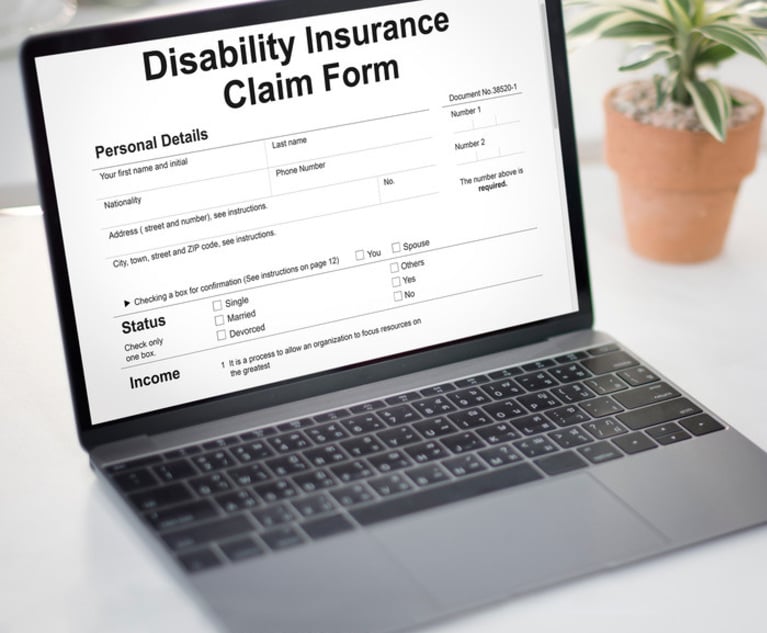As Hurricane Irma grew in strength in the Caribbean and started to approach Florida last September, I was boarding a plane from Tampa to Birmingham for a meeting. I received several emails and calls from a colleague related to an urgent client issue, and I quickly returned his call before we departed. A new client was under contract to purchase commercial real estate in Florida and the closing date was two days away, but the client was unable to obtain insurance because the insurance companies had stopped binding insurance due to the approaching hurricane. The client was financing the acquisition, and the client’s lender certainly would not fund closing without the required insurance in place. The client’s contract did not address this issue and did not include a force majeure provision; the client was anxious to find out whether the failure to close because of the inability to bind insurance would be a default that would put the deposit at risk. The client wondered what, if any, options were available to extend closing as a result of the inability to obtain insurance. Certainly the seller would be reasonable and agree to extend closing until insurance could be bound, but what if he wouldn’t? Rather than making legal arguments under applicable law and negotiating with the seller, the best case scenario would have been for the client’s purchase and sale agreement to expressly address this situation.
This is an obvious concern for purchasers of commercial real estate in Florida when the closing could occur during hurricane season, but this risk also applies to purchasers of real estate throughout the United States. Insurance companies have moratorium binding guidelines whereby they temporarily halt writing new policies and making changes to or raising limits on existing policies for a certain period of time. These binding restrictions typically apply during natural disasters such as hurricanes, tornadoes, flooding and wildfires. Insurance companies do this to avoid paying for immediate and highly probable claims because insurance companies don’t want to write a policy on a business that has an increased likelihood of being ruined by a hurricane or a flood. The guidelines vary among insurance companies. Although the restrictions are not typically statewide, in Florida, the rule is generally that no application for new coverage or endorsement for increased coverage may be bound, written or issued, or monies received, regardless of effective date, when a tropical storm or hurricane watch or warning has been issued by the National Weather Service for any part of the state of Florida. Once the threat passes, insurance companies lift the binding restrictions and allow new policies to be issued and limits to be adjusted.


 Stephanie Kane, counsel with Bradley in Tampa, Florida.
Stephanie Kane, counsel with Bradley in Tampa, Florida.




